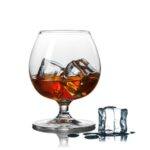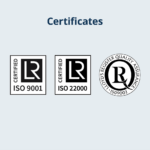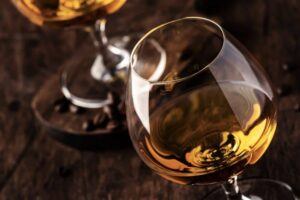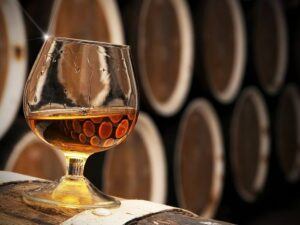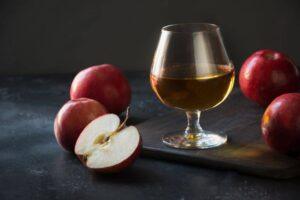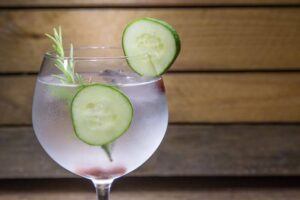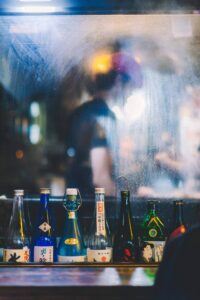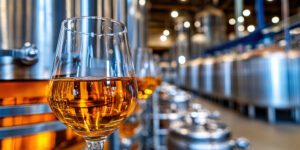What is cognac?
Cognac is a distillate of white wine. The grapes for cognac are grown on just 72,000 hectares of vineyard in France in a specific area. This fine spirit was named after the town of Cognac in the French region of Charente. The cognac region extends visibility across the Departments of Charente and Charente-Maritime. The wine must be distilled twice in a special cauldron: the Alambic Charentais. Due to the production process involving heating of the wine, cognac is sometimes referred to as burnt wine, from the Dutch word brandewijn. The wine distillate is then aged for at least two years in wooden barrels and contains at least 40% alcohol. The ageing process is an integral part in giving French cognac its signature flavour as tannin and vanillin present in the wood transfer some their character to the cognac. The end result is a premium spirit with the famous cognac taste. Cognac brandy has a rich and smooth flavour with a strong fragrance, demanding to be sipped slowly and appreciated.Communicating Cognac
A set of abbreviations and symbols indicate the age of the Cognac and classify the brandy. They mention the legal lower limits of the youngest Cognac in the mix: V.S. ***, Very Special Two years of ageing in wooden casks, also called Three Star V.S.O.P. Very Superior Old Pale Four years of ageing. The youngest cognac in the blend must be aged in wood for a minimum of eight years. This type is also called Five Star. X.O. Extra Old A minimum age of ten years, also referred to as Luxury. Napoléon/Extra/Vielle Reserve At least six years old, but generally older. Hors d’Age or Ancestral This cognac is too old to figure out its age, a cognac gem. Considering adding cognac to your business as an exclusive spirit? As a cognac supplier, we invite you to browse through our packing options to make a selection of the quantity that is right for you.Cognac and regular brandy are distinct in several aspects. Cognac is exclusively produced in the Cognac region of France while regular brandy can be made in various regions around the world. Cognac primarily uses Ugni Blanc grapes while regular brandy can utilize a wider range of grape varieties. The production process for cognac involves double distillation in copper pot stills known as Alambic Charentais while regular brandy may employ different distillation methods. Cognac must be aged in oak barrels for a minimum of two years whereas aging requirements for regular brandy can vary.
The ageing process in wooden barrels enriches the flavor of cognac by extracting compounds from the wood. This develops complexity and smoothes out harsh elements. It adds depth and character to the spirit resulting in a rich and balanced taste profile. The interaction between the cognac and the wood over time creates a uniquely captivating and refined flavor. Ultimately, aging in wooden barrels is integral to the distinctive and premium quality of cognac.

